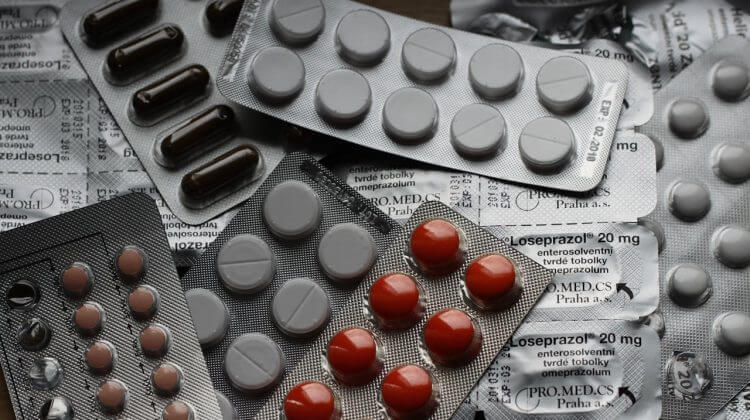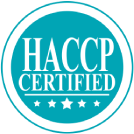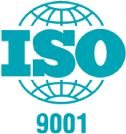
Always Trust GMP Certification When Partnering For Medicine Manufacturing
In today’s world full of cut-throat competition in the consumer market, there is no dearth of manufacturers who, just for earning huge profits, put the health and safety of people at risk. As consumers, your concerns for your safety and health are all the more justified when it comes to the edible items and medicines you consume. The production and sale of counterfeit medicines are big businesses nowadays, run by a conglomerate of medicine mafias. Therefore, if you are looking forward to entering the pharmaceutical marketplace and are trying to find a trustworthy OEM contract manufacturing company (or even if you’re just a consumer of medicine(s)), always look for the GMP Certification. In addition, also ensure the regulatory compliance of the firm. Here’s more about GMP certification for you.
What is GMP? Why is it important?
GMP stands for ‘good manufacturing practice’. Related to the manufacturing of medicines, it is a system put in place by the World Health Organization (WHO) that ensures that medicines are produced following quality standards.
Besides being a waste of money for individuals and governments alike, poor-quality or counterfeit medicines pose life risk to individuals consuming them. Such medicines often contain toxic substances that may have been unintentionally added. In any pharmaceutical production facility, there are several risks involved. Since these risks enter during the production stage, it is impossible to eliminate them at the testing stage of the final product. In simple words, GMP guidelines seek to eliminate the errors of production that cannot be eliminated through quality control of the final product. Some of the main risks are:-
- Contamination– The contamination of a product, even if unintentional, can likely cause health damage or maybe even death to an individual.
- Incorrect or incomplete labels on the jars or containers– This could lead to patients receiving the wrong medicine.
- Insufficient or excess active ingredient– This may become the cause of adverse effects later on.
To eliminate these risks, it is necessary to follow standard practices, procedures, and protocols covering all aspects of the production stage. This is precisely what the GMP Certification is intended to achieve. This certification lays down standards for production that cover every bit of the production stage; starting from the materials used to the equipment and premises used for production to the training of the personnel at the production facility to even their hygiene.
The World Health Organization has formulated detailed guidelines that aim toward good manufacturing practices. In congruence with the WHO’s GMP guidelines, many countries either formulate and establish their GMP requirements or harmonize their requirements with those of WHO.
Concluding words
As a new entrant in the pharmaceutical business, you need to partner with an OEM manufacturing firm that should be GMP certified. A GMP certification boosts the customers’ confidence in your commitment to producing and trading only high-quality foods and medicines. Therefore, besides ensuring that the contract manufacturing firm you partner with, follows all the regulatory guidelines, always ensure whether they are GMP certified or not.









